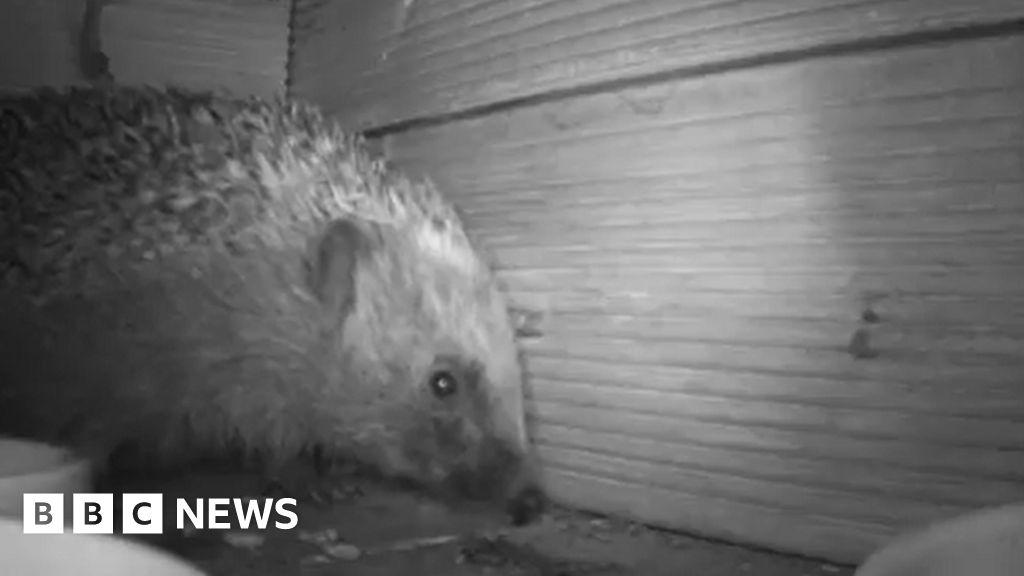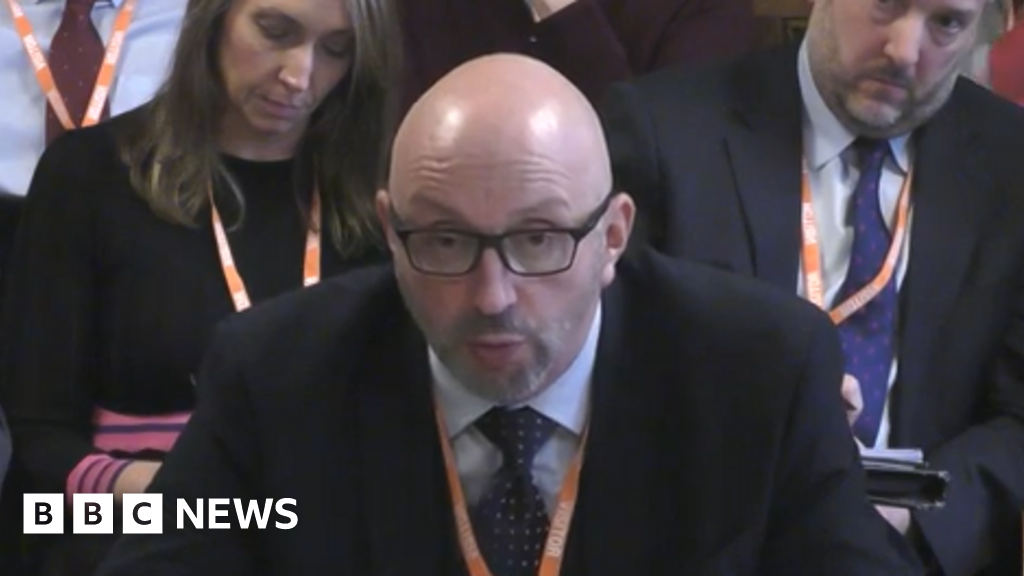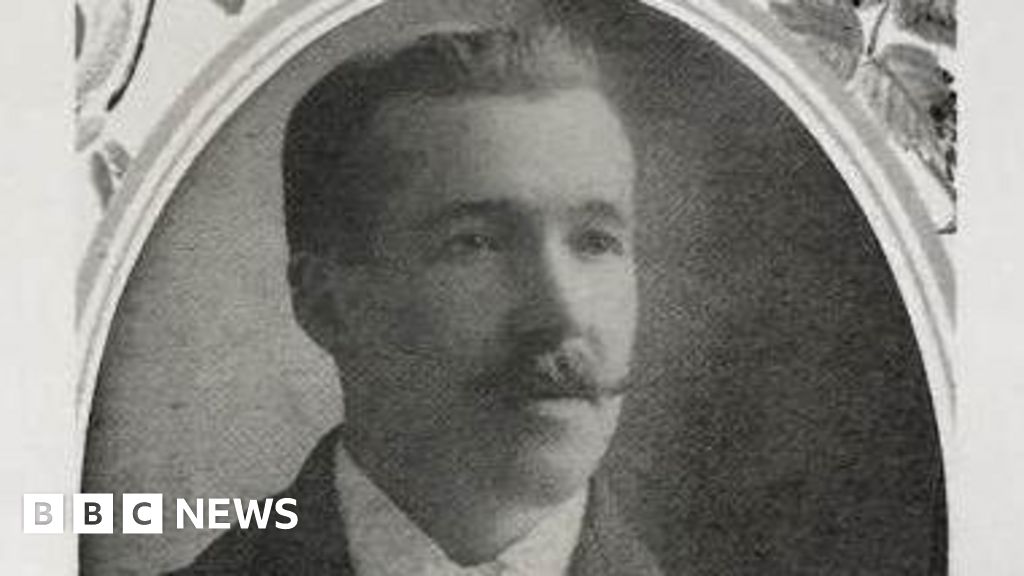Accounts vary as to how exactly James’ lyrics and Hughes’ melody were eventually married up.
James’ words were penned in 1891, and originally set to different music by his friend Thomas Bedford Richards.
Hughes composed his interpretation almost a decade later.
The romanticised version of the tale has it that James waited outside Hughes’ house one Sunday afternoon, begging him to come up with a new tune for Calon Lan; Hughes created it while he ate his tea, and returned it to James before evensong.
The more prosaic explanation is that the lyrics had already been in circulation for some time, and that Hughes reimagined them for Swansea’s turn of the century celebrations in 1900.
“I think the simpler story is probably more correct. Whilst James and Hughes had both worked at Duffryn, James was 24 years older and had already moved to Blaengarw by the time he wrote Calon Lan.”
What is not in dispute is that when Hughes first presented the score to John Evans, organist at Dinas Noddfa Chapel, Landore, Evans remarked prophetically: “This will go all over the world.”
Today Calon Lan has been translated into at least six languages, and is sung in more than 20 countries, from Wales to Fiji and Singapore.
Hughes died of a brain haemorrhage aged 42 in June 1915.
He is buried with his parents in a family plot at Caersalem Newydd Baptist Chapel.


















































